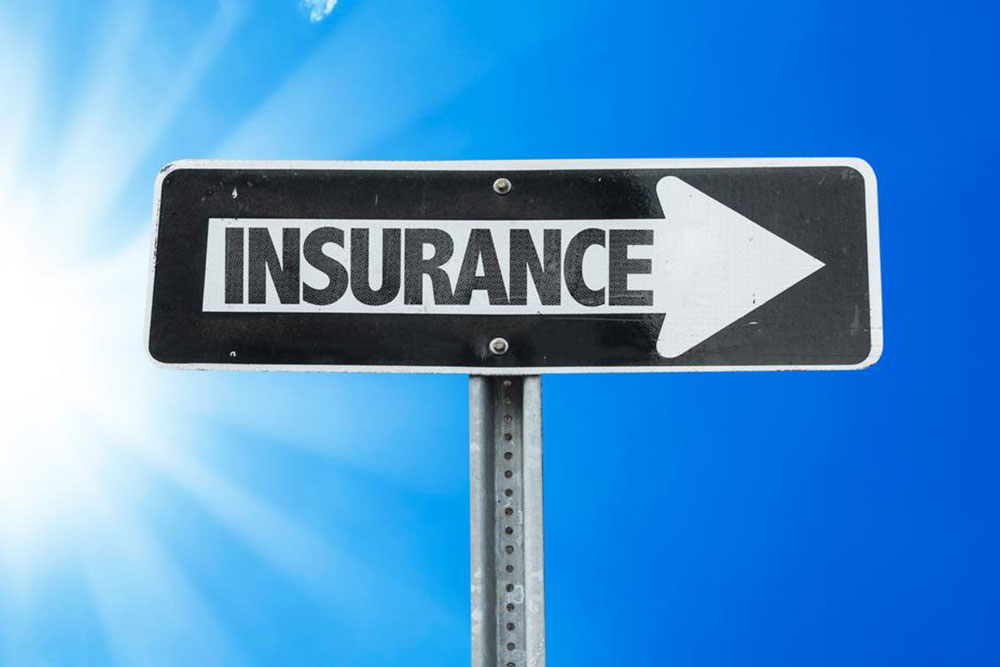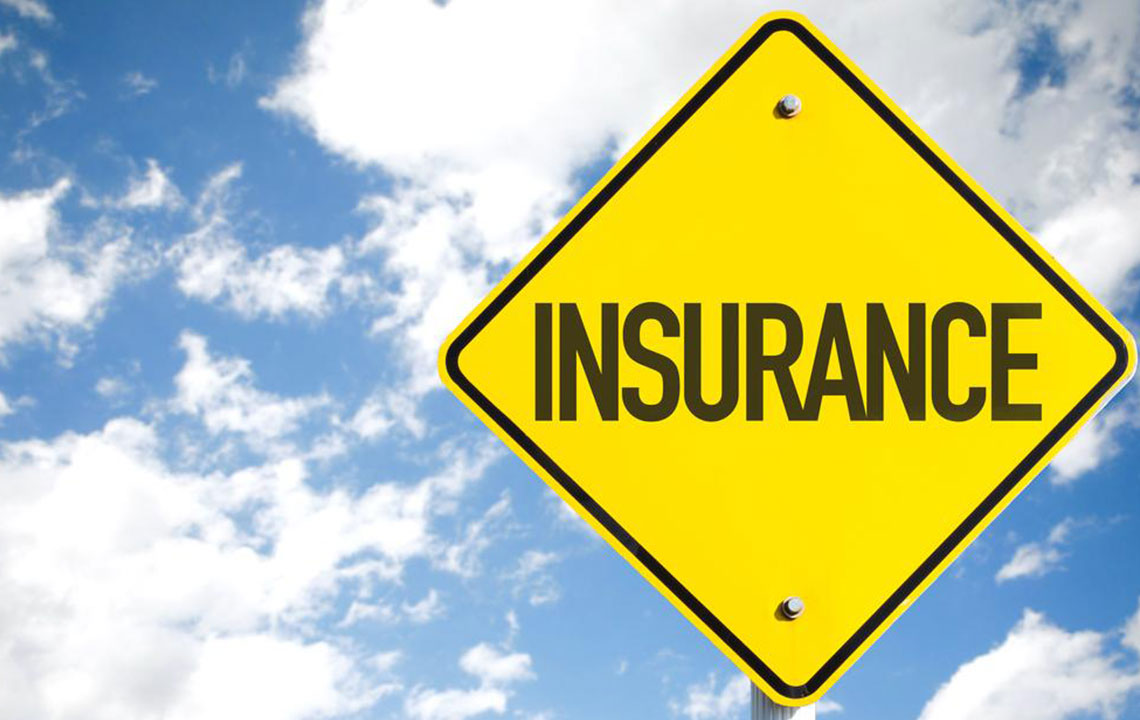Comprehensive Insurance Strategies Every Small Business Owner Should Know
This comprehensive guide highlights essential insurance options every small business owner should consider. Coverages like general liability, property, worker’s comp, and cyber insurance are crucial for protecting against legal claims, property damage, employee injuries, and cyber threats. Tailoring the right policies ensures business stability, mitigates risks, and fosters long-term growth. Regular reviews and strategic investments in insurance can help small businesses navigate uncertainties confidently and secure their operational future.

Essential Insurance Coverages to Protect Small Businesses
For small business owners, having the right insurance coverage is not just a precaution but a fundamental component of sustainable growth and risk management. In today’s competitive and unpredictable market environment, understanding which policies are essential can save your business from unforeseen financial hardships and legal complications. Different business operations have unique risks, so selecting appropriate insurance plans tailored to your specific needs is critical for maintaining day-to-day operations and ensuring long-term stability.
This comprehensive guide explores the most vital insurance options that small business owners should consider. From general liability to specialized policies, understanding these coverages helps entrepreneurs make informed decisions that protect their assets, reputation, and future expansion plans.
General Liability Insurance: This foundational coverage is crucial for all small businesses. It protects against legal claims arising from third-party injuries, property damage caused by your business operations, or advertising mistakes. Should your business face a lawsuit, general liability insurance covers legal expenses, court costs, and settlements, helping prevent devastating financial losses.
Property Insurance: Business properties—be it an office, storefront, warehouse, or equipment—are vulnerable to risks like fire, theft, vandalism, or natural disasters such as hurricanes and floods. Property insurance ensures quick recovery by providing funds for repairs or replacement, minimizing operational downtime and preserving your business continuity.
Business Owner’s Policy (BOP): Combining several essential coverages into one customizable package, a BOP typically includes property, liability, and business interruption insurance. This policy is cost-effective and tailored to small and medium-sized businesses, helping them protect against unforeseen disruptions and liabilities, all while simplifying the management of multiple policies.
Workers’ Compensation Insurance: Mandatory in most U.S. states, this insurance provides benefits to employees who suffer work-related injuries or illnesses. It covers medical expenses, lost wages, and rehabilitation costs. For employers, it not only complies with legal requirements but also demonstrates a commitment to employee welfare, boosting morale and productivity.
Commercial Auto Insurance: If your business relies on vehicles—whether vans, trucks, or cars—commercial auto insurance is essential. It covers damages resulting from accidents, theft, or vandalism involving any vehicle used for business purposes, protecting your fleet and reducing liabilities.
Professional Liability Insurance: Also known as Errors and Omissions (E&O) insurance, this coverage protects service-oriented businesses against claims arising from mistakes, negligence, or failure to perform contractual obligations. It's especially critical for consultants, healthcare providers, accountants, and other professionals offering specialized services.
Data Breach and Cybersecurity Insurance: In an era of digital reliance, data breaches pose significant risks. This insurance safeguards your business against costs related to data breaches, including notification expenses, legal fees, and reputation management, helping you mitigate damage from cyberattacks.
Directors and Officers (D&O) Insurance: For businesses with a board of directors or executive team, D&O insurance shields leadership from legal costs arising from claims related to decision-making, corporate governance issues, or misconduct. It's vital for startups, nonprofits, and growing companies seeking to attract executive talent without exposing them to undue legal risks.
Investing intelligently in these insurance policies is a proactive step towards safeguarding your small business’s future. The right mix of coverages not only minimizes risks but also enhances your company’s credibility with clients, partners, and investors. Small business owners should regularly review their insurance needs with a trusted broker to ensure they remain adequately protected as the business evolves and faces new challenges.





